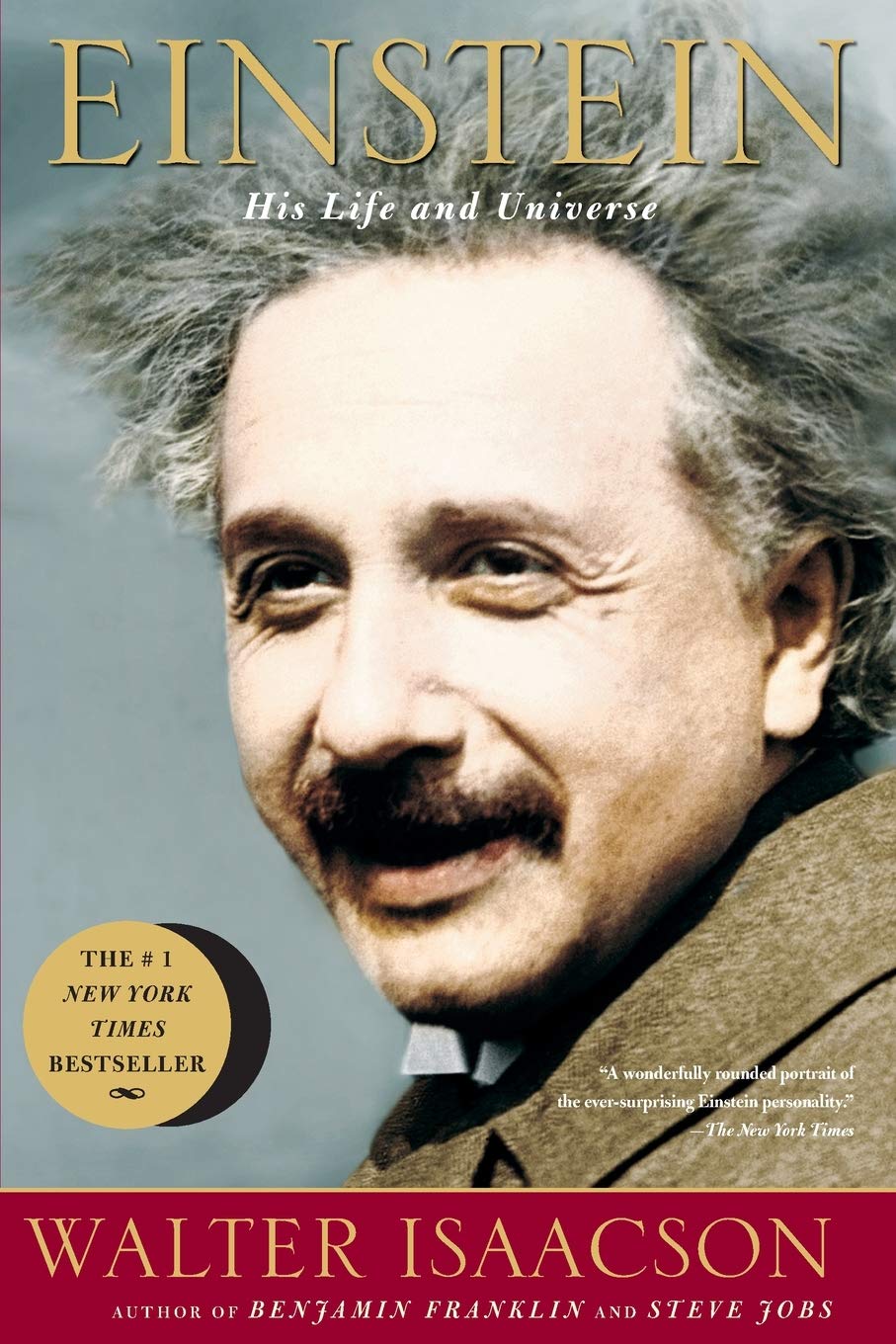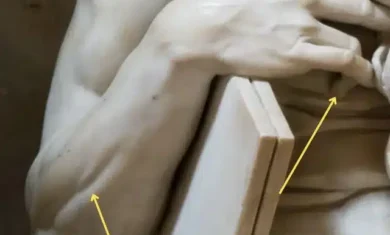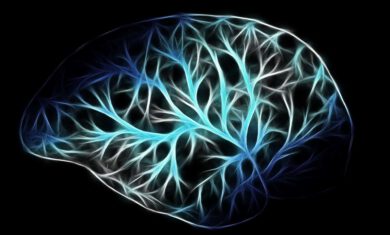In his excellent book “Einstein“, Walter Isaacson digs deep into what made the famous physicist so insightful and influential. One big key was undoubtedly his curiosity.
When he was young, Einstein was given a compass by his father and was enthralled by it. From the book:
He [Einstein] was sick in bed one day, and his father brought him a compass. He later recalled being so excited as he examined its mysterious powers that he trembled and grew cold. The fact that the magnetic needle behaved as if influenced by some hidden force field, rather than through the more familiar mechanical method involving touch or contact, produced a sense of wonder that motivated him throughout his life.
His curiosity was mostly from a physics-focused look at the universe, by asking things like “What would it be like to race alongside a light beam?“. Asking questions like that lead to some pretty deep thought, and ultimately to some of his world-changing theories. He said that questions like this were things that “the ordinary adult never bothers about.“
Writing to a friend, he said:
People like you and me never grow old. We never cease to stand like curious children before the great mystery into which we were born.
And finally, he summarized himself very succinctly:
I have no special talents, I am only passionately curious
Curiosity is easy and can apply to big things universe-changing physics all the way down to your daily tasks. If you see something strange in the world, figure out what makes it work that way.
- If your favorite politician loses an election, talk to people to understand why they viewed them differently than you.
- If a particular email campaign that you send out does remarkably well, dig in and figure out why. Was it the subject line? The time of day? The fact that many people were unexpectedly at home due to a snowstorm?
You can even force some curiosity into your world. Listen to podcasts like Stuff You Should Know to learn about how the printing press came about, how wasps are different from bees, or how soap works.
Be curious, ask a lot of questions, and then take the time to dig for the answers.





I love that you’ve returned to frequent writing/publishing, and your topics are really resonating! I’m envious of how much reading you’re apparently fitting in!
“Stay curious.” I’m sort of convinced that’s the key to a long/happy life (or happy even if not long). I never want to quit learning new things.
You are certainly an excellent example of staying curious!
Reading has been a bit hit or miss, but I’m trying to get some time in every day. Really, the difference is how I’m taking notes and processing them versus just reading (and soon forgetting), which has helped quite a lot. It technically leads to less reading, but sure helps make it more useful! 🙂